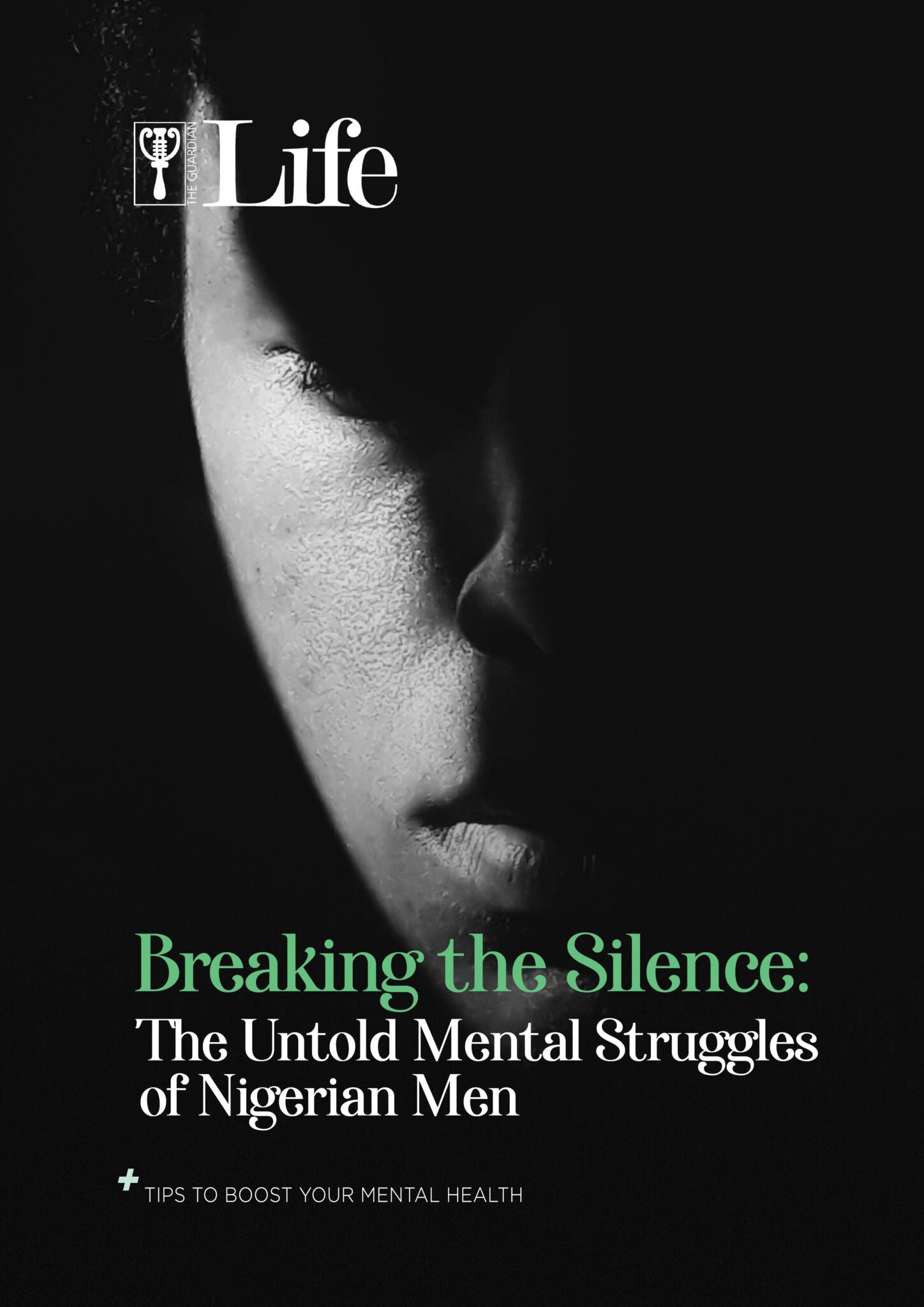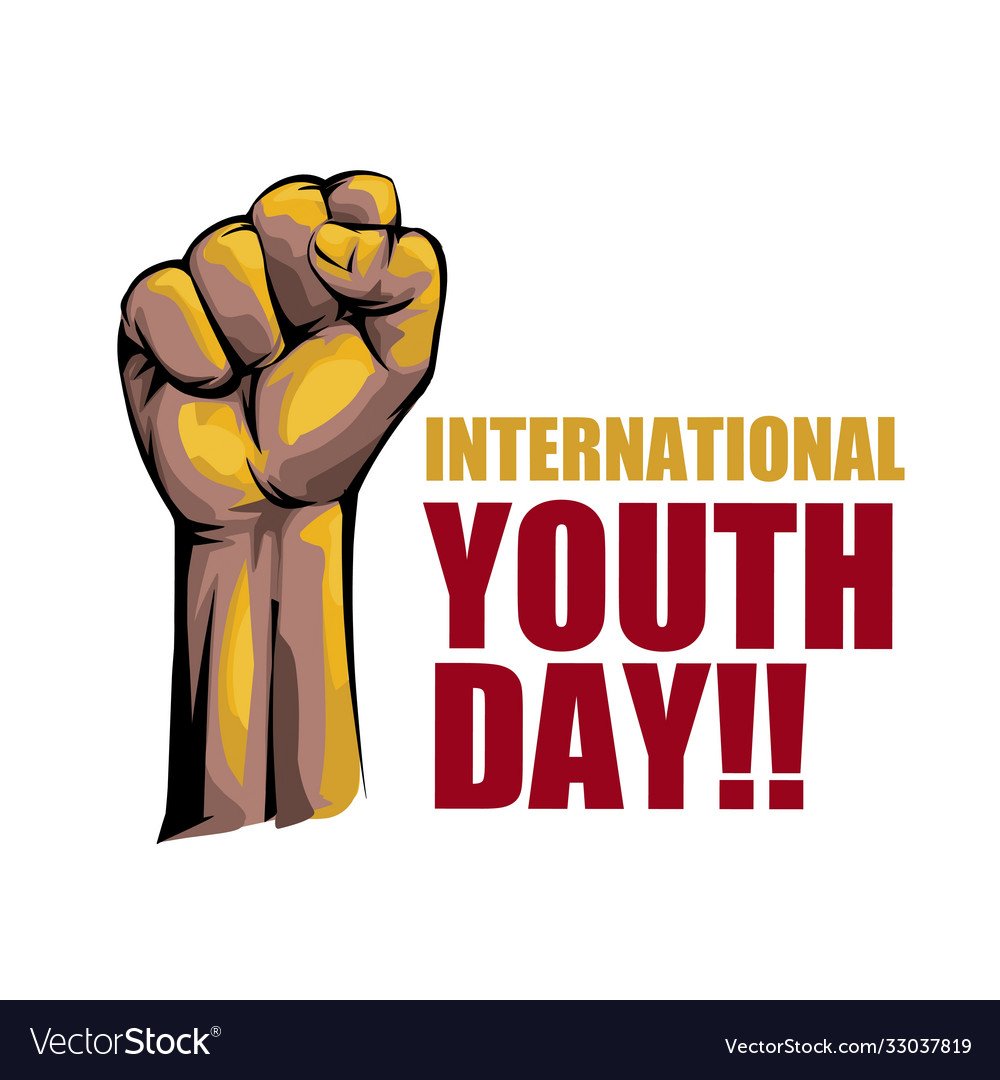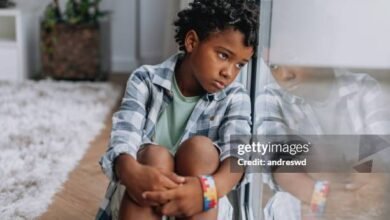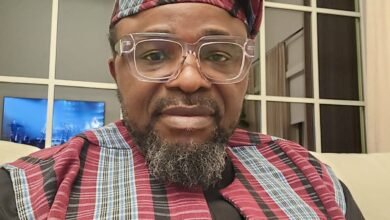Guns, Homes, and History: Where Should the Conversation Begin: Homer or Congress?

The recent mass shooting at Florida State University, where 20-year-old student Phoenix Ikner opened fire in the student union, killing two and injuring six, has once again cast a long, painful shadow over America’s ongoing crisis of gun violence.
But this tragedy also holds up a mirror to something even deeper, something that often remains buried beneath the headlines and policy debates: the disintegration of the family system and the silent erosion of values in the private spaces where children are meant to be protected, shaped, and known.
Ikner, who was shot and subdued by police, is the stepson of a respected deputy with the Leon County Sheriff’s Office. The weapon he used was not purchased through a loophole in the background check system. It wasn’t acquired in a back alley or stolen in the dark of night. It was a former service weapon belonging to his stepmother, accessed from within the home.
As a Family Strengthening, Child Safeguarding, and Protection Innovator with nearly three decades of experience across four continents, one who emerged from an abusive childhood and is now raising a toddler in my mid-fifties as my first child, I have devoted my life to understanding what makes children thrive, and what causes them to break.
If we are truly committed to preventing future tragedies, we must summon the courage to ask the harder question: Who raised the person behind the trigger, and what shaped him?
In Phoenix’s story, we witness both systemic failure and deep human pain.
If we are truly committed to preventing future tragedies, we must summon the courage to ask the harder question: Who raised the person behind the trigger, and what shaped him?
Phoenix Ikner was born Christian Gunnar Eriksen. As a child, he was entangled in a contentious custody battle. In 2015, his biological mother abducted him to Norway in defiance of court orders. There, he missed vital treatments for ADHD and a growth hormone condition—interventions necessary for his emotional and physical development. Though eventually returned to the United States and placed in his father’s custody, the damage had been done. Trauma had taken root.
Later, he changed his name, perhaps in search of a new identity, perhaps as an act of self-reinvention. He struggled with anxiety and other mental health challenges. He was involved in the sheriff’s youth programs, a gesture toward belonging and mentorship, yet seemingly insufficient to heal wounds carved by years of instability, alienation, and emotional fragmentation.
This is not a condemnation of his stepmother. By all accounts, she served her community faithfully. But public service must never come at the cost of private oversight. We cannot prioritize safety for others and forget safety at home. Firearms must be stored securely. Vulnerable young people must be engaged intentionally, not only with structure, but with deep emotional presence.
He struggled with anxiety and other mental health challenges. He was involved in the sheriff’s youth programs, a gesture toward belonging and mentorship, yet seemingly insufficient to heal wounds carved by years of instability, alienation, and emotional fragmentation.Gun control legislation is necessary. Background checks, safe storage laws, and mental health evaluations are non-negotiables in any serious conversation about public safety.
But the truth remains: gun access may determine the means, but family dysfunction often determines the motive.Gun control legislation is necessary. Background checks, safe storage laws, and mental health evaluations are non-negotiables in any serious conversation about public safety. But the truth remains: gun access may determine the means, but family dysfunction often determines the motive.
We are too quick to speak of shooters as anomalies. Too slow to examine the soil in which they were grown.
Data supports this. A 2018 study showed that 75 percent of adolescent murderers in the U.S. came from fatherless homes. Emotional neglect, trauma, fractured parental relationships, these are recurring themes in the lives of many perpetrators. The child who is unseen today may become the threat we fear tomorrow.
This is not a call to replace policy with philosophy. It is a call to reframe the equation. Family and gun control are not mutually exclusive. But if one must come first, let it be the foundation from which all else is built: the home.
Let it begin with the presence of a father or mother who listens. The daily rituals of stability. The modeling of empathy. The guardrails of discipline wrapped in love. The values that are repeated, demonstrated, and deeply lived.
Let it begin with asking not only what laws we must write, but what stories we are writing in our children’s hearts every day.
As we mourn the victims, we must also mourn the child Phoenix once was—before pain shaped him into someone even he may not have recognized. We must mourn the culture that asks how he got a gun before asking why he needed one.
Our fight is not merely against weapons, but against the silence around untreated trauma, broken homes, and invisible children. We must stop reacting only after blood has been spilled and instead start building where futures are still being formed.
Before the next tragedy, may we return to the first institution of learning and law, the family.
Do have an INSPIRED week ahead with the family.





